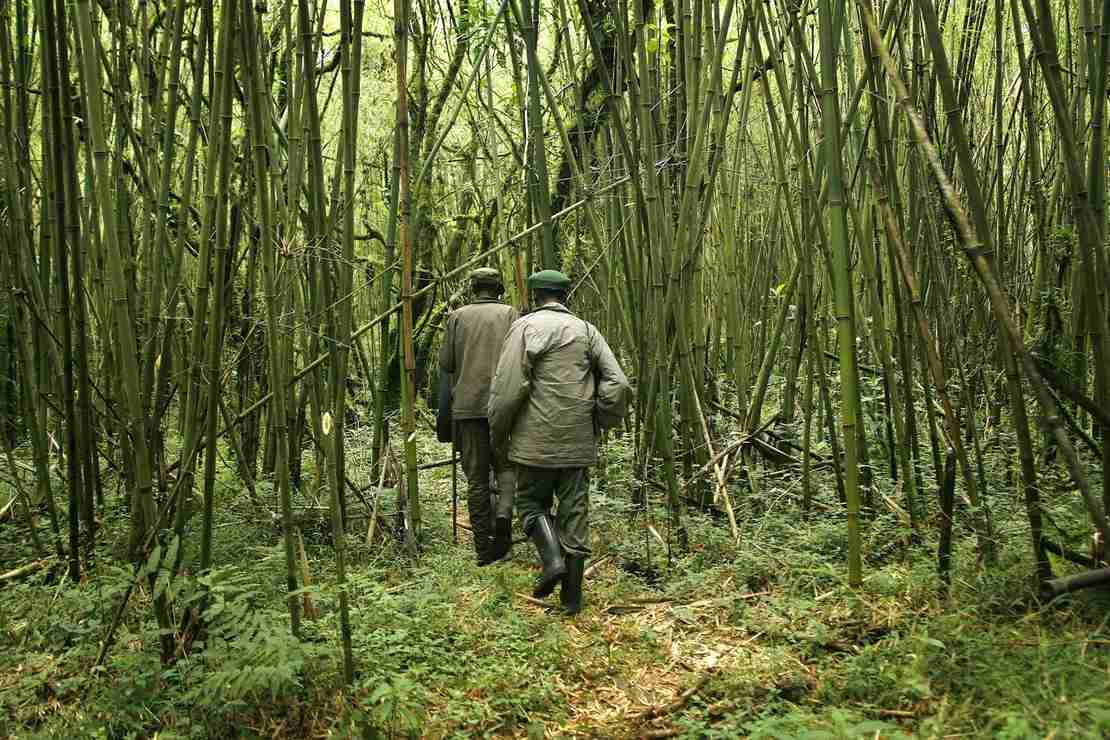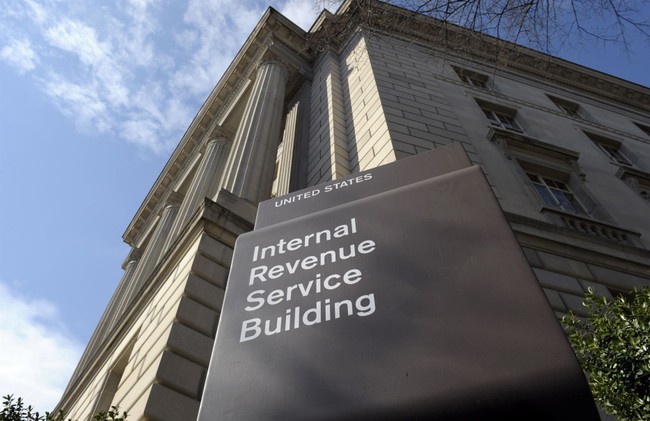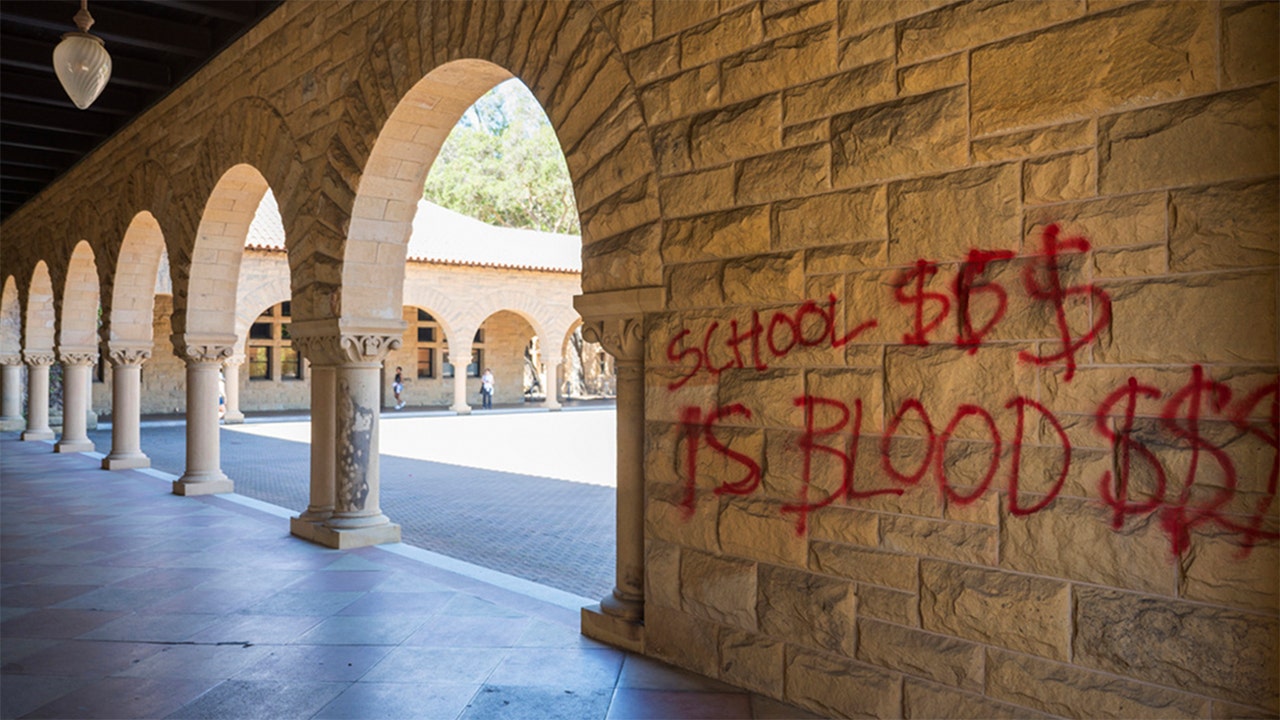In Africa, the nation of Congo is home to the second-largest rainforest on the planet and many species of endangered wildlife. Those rainforests are also seen as great natural carbon containment features, just as the Amazon is. So environmental activists were shocked earlier this year when Congo announced that they would be offering oil and gas drilling leases on significant tracts of land in the jungle. It turns out that the area is also rich in reserves of crude oil and natural gas. Environmentalists were quick to point out that Congo took part in the global climate summit in Glasgow last year where the Congolese president committed to a 10-year plan to preserve his country’s rainforests, demanding that the leases be canceled. Congolese leaders responded by doubling the number of leases they are putting up for auction. Their message to European and American activists was a simple one. ‘It’s not our job to save the planet for you.’ (New York Times)
The Democratic Republic of Congo, home to one of the largest old-growth rainforests on Earth, is auctioning off vast amounts of land in a push to become “the new destination for oil investments,” part of a global shift as the world retreats on fighting climate change in a scramble for fossil fuels.
The oil and gas blocks, which will be auctioned in late July, extend into Virunga National Park, the world’s most important gorilla sanctuary, as well as tropical peatlands that store vast amounts of carbon, keeping it out of the atmosphere and from contributing to global warming.
“If oil exploitation takes place in these areas, we must expect a global climate catastrophe, and we will all just have to watch helplessly,” said Irene Wabiwa, who oversees the Congo Basin forest campaign for Greenpeace in Kinshasa.
No matter how you feel about the climate debate, it’s hard to deny that Congo is making several good points here. They are one of the poorest countries on the planet despite sitting on rich reserves of natural resources. They need money for infrastructure and food production programs, and this is one potential way to bring in some badly needed cash.
But there’s more to the objections they are raising than that. When asked to comment on their participation in the climate summit, Congolese climate official Tosi Mpanu Mpanu pointed out some of the hypocrisy on display by the west. After getting Congo to agree to protect the rainforests and the climate, Russia invaded Ukraine and everything changed. European countries like Germany were suddenly working to import natural gas from new sources and restart coal-fired power plants. Joe Biden traveled to Saudi Arabia to ask them to increase oil production.
Mr. Mpanu asked why Congo should be held to its climate promises when the west clearly isn’t holding up to its own. If there is going to be a lot of oil and gas money flowing, why shouldn’t some of it be flowing to Congo? He’s the one who delivered the key quote: “Our priority is not to save the planet.”
The auction highlights a double standard that many political leaders across the African continent have called out: How can Western countries, which built their prosperity on fossil fuels that emit poisonous, planet-warming fumes, demand that Africa forgo their reserves of coal, oil and gas in order to protect everyone else?
What remains unclear for the moment is whether any drilling will actually take place after the permits are put up for auction. Energy giant TotalEnergies has said that they will not bid for drilling rights in Congo. Chevron and the other major oil exploration groups have thus far declined to comment on the auction. So it’s possible that nobody will wind up sinking a drill bit into the ground. But if anyone bids, they will likely be able to go into production as soon as next year. And Congo will welcome the money that the leases bring in.




















Discussion about this post